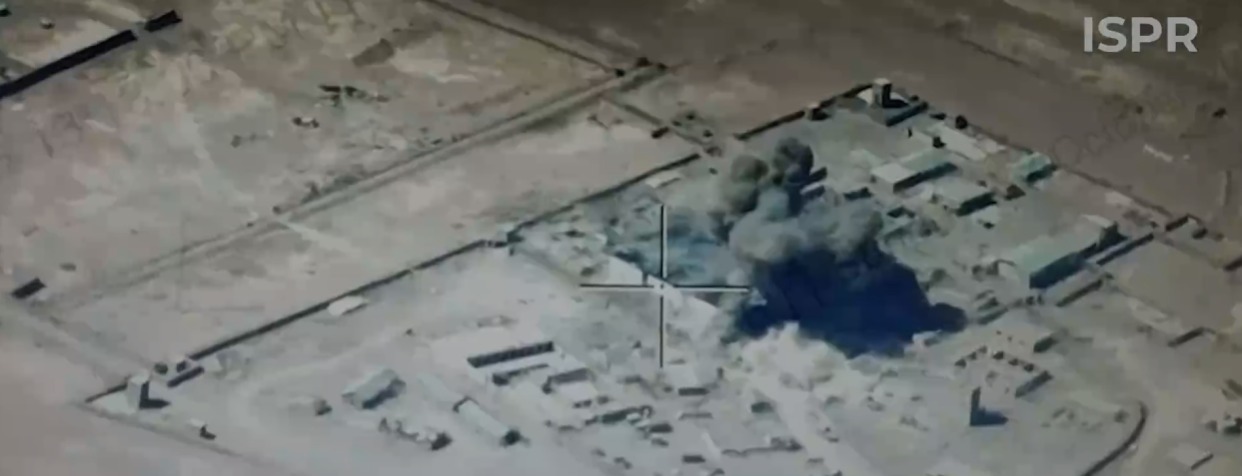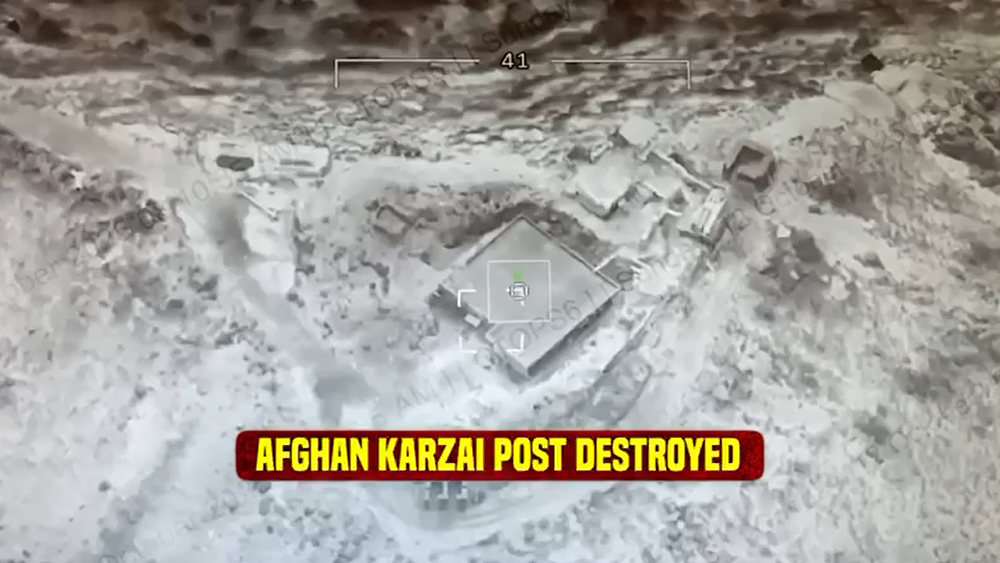ISLAMABAD: Tensions between Pakistan and Afghanistan have escalated following a recent surge in cross-border terrorist attacks from Afghanistan.
Islamabad accuses the Taliban-led government in Kabul of sheltering banned Tehrik-i-Taliban Pakistan (TTP) terrorists and allowing them to operate freely in Afghanistan — a charge Afghan authorities deny.
During a recent official visit to India, Afghan Foreign Minister Amir Khan Muttaqi reiterated Kabul's denial of TTP presence in the country. His statement came just days after TTP terrorists ambushed a Pakistani military convoy in the northwestern Orakzai District, killing 11 soldiers, including a lieutenant colonel and a major.
Soon after, the TTP launched coordinated cross-border assaults on Pakistani military posts, exposing what security analysts describe as a growing nexus between the Afghan Taliban and the TTP. In response, Pakistani forces carried out precision strikes targeting TTP and Daesh hideouts inside Afghanistan, reportedly eliminating more than 200 terrorists.
Pakistan’s consistent goodwill toward Kabul
Pakistan has long supported the Taliban-led government in Kabul. Islamabad was one of the few countries to keep its embassy open after the Taliban’s takeover in August 2021 and has consistently advocated for unfreezing Afghanistan’s $9 billion in foreign assets.
Through regional forums such as the Shanghai Cooperation Organization (SCO) and the Economic Cooperation Organization (ECO), Pakistan repeatedly urged the international community to extend humanitarian and economic support to Afghanistan.
Islamabad’s approach has long been guided by the belief that a stable and friendly government in Kabul is essential for regional peace and the security of Pakistan’s western borders.
In this spirit, Pakistan even extended an invitation to Afghanistan to join the China-Pakistan Economic Corridor (CPEC), envisioning trilateral cooperation with China to bring investment, energy connectivity, and infrastructure development to the war-torn country.
Goodwill met with denial and hostility
However, officials and observers say this goodwill has largely been met with mistrust and denial from the Afghan side.
“All Pakistan expected in return was for the Afghan Taliban to take concrete action against TTP terrorists using Afghan territory to attack Pakistan,” said retired Air Commodore Khalid Chishti. “But instead of cooperation, we are witnessing denial, deflection, and, increasingly, alignment with India.”
Chishti said the Afghan Taliban’s outright denial of TTP's presence “amounts to making fun of themselves.”
“The whole world knows the TTP is operating from Afghanistan,” he said. “Either the Taliban are part of it or they are helpless. When they claim control over all of Afghanistan yet deny cross-border attacks, it shows either a lack of capacity or will.”
He added that Afghan Foreign Minister Muttaqi “spent much of his youth in Pakistan and served as the Taliban’s information minister during their first regime from 1996 to 2001,” describing him as “someone for whom Pakistan was like a second home.”
“This is the same individual once listed as a terrorist—whom India accused of hijacking its plane—but now welcomed in New Delhi simply because he shares an anti-Pakistan stance,” Chishti noted.
India’s expanding footprint in Afghanistan
The retired air commodore said India has long used Afghanistan as a strategic pressure point against Pakistan, pouring billions into infrastructure, education, and development projects to gain political leverage.
“India cannot compete with Pakistan on the eastern border,” he said. “So, it funds proxies across the western border—buying loyalty, outsourcing terrorism, and using the TTP as a rented force.”
Chishti also cited a 2016 statement attributed to India’s current National Security Advisor Ajit Doval, in which he reportedly said India would use the Taliban “the way we want,” adding, “They are mercenaries. India is a much bigger economy. We will inject more funds, and they will be on our side.”
He said the statement reflects India’s long-standing intent to exploit instability in Afghanistan to its advantage.
During the US presence in Afghanistan, Chishti noted, “around 2,700 contractors were told to pay protection money to the Taliban—nearly $47 million per week—which shows how the group learned to monetize conflict and power.”
Terrorism data paints grim picture
According to data from the Islamabad-based Pakistan Institute for Peace Studies (PIPS), terrorist attacks in Pakistan surged from 89 in 2021 to 262 in 2022, 306 in 2023, and 521 in 2024. In the first 10 months of 2025 alone, 585 attacks have been recorded—the highest escalation in recent years.
The situation worsened during Pakistan’s brief conflict with India in May 2025, when a 40-member TTP group—including the son of a Taliban official—reportedly attempted to open a western front against Pakistan. Analysts say this highlights a dangerous convergence between anti-Pakistan groups operating from Afghan territory and external actors seeking to destabilize the region.
The latest escalation came after the October 8 attacks in Orakzai and Dera Ismail Khan, which killed 18 security personnel. Pakistan’s retaliatory strikes were followed by a terrorist assault on the DI Khan Police Training School by a group linked to the Taliban, killing seven policemen and injuring several others.
According to the Islamabad-based Center for Research and Security Studies (CRSS), Pakistan witnessed a 46% rise in violence in the third quarter of 2025, with at least 901 fatalities and 599 injuries in 329 incidents of terrorism and counterterror operations.
A looming question
Chishti said the growing threat underscores the need for a “clearer regional strategy.”
“We must protect our borders and people,” he said. “But continued tolerance for terrorist sanctuaries in Afghanistan endangers not just Pakistan’s security—it threatens regional peace and stability as a whole.”
As Pakistan re-evaluates its policy toward Kabul, one question looms large: Are the Afghan Taliban truly living up to India’s expectations—or merely playing into a dangerous regional game that could consume them next?
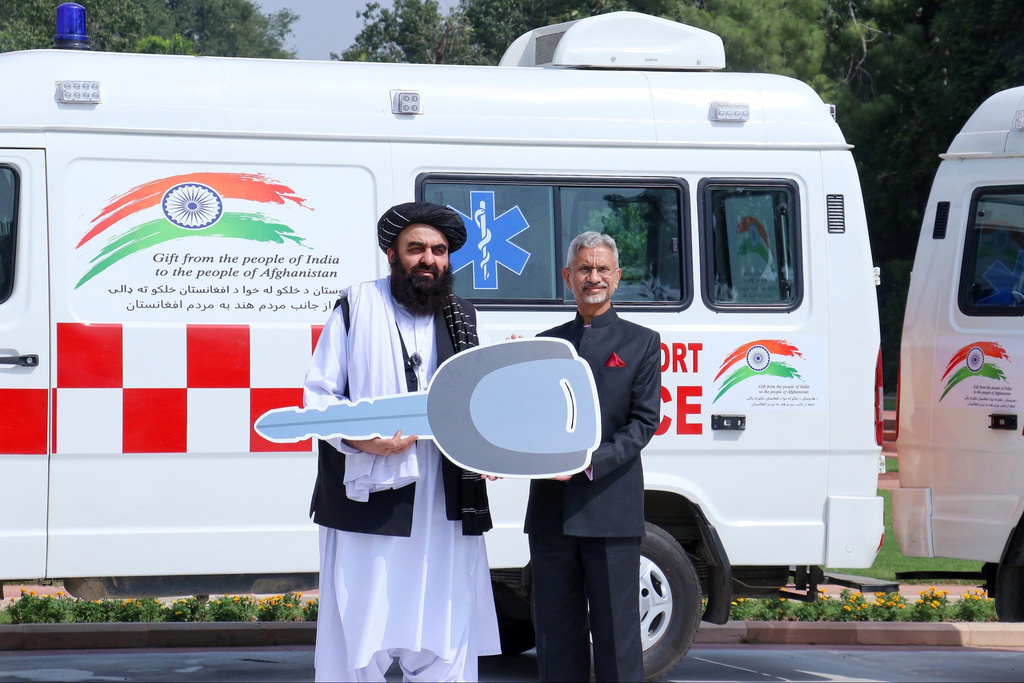

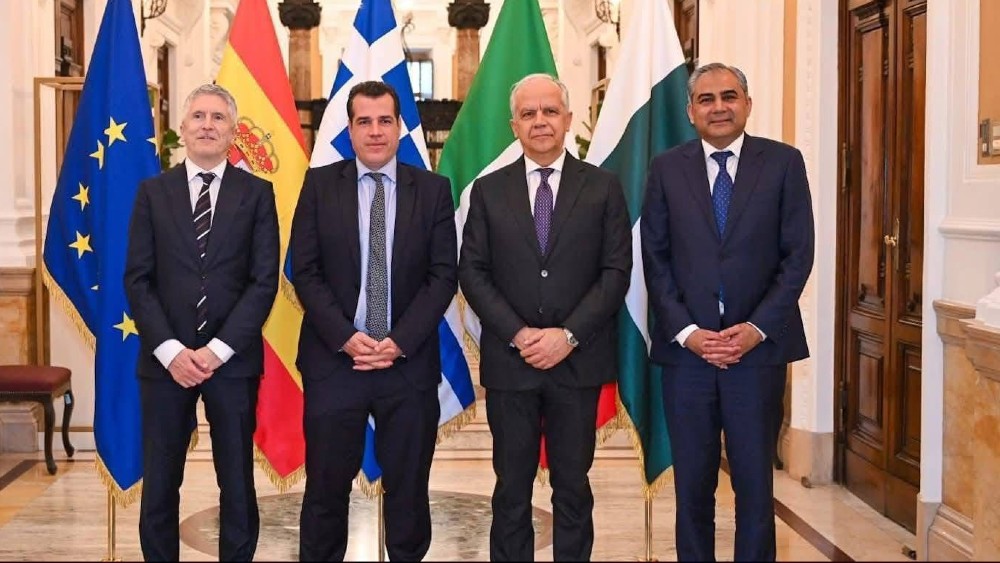

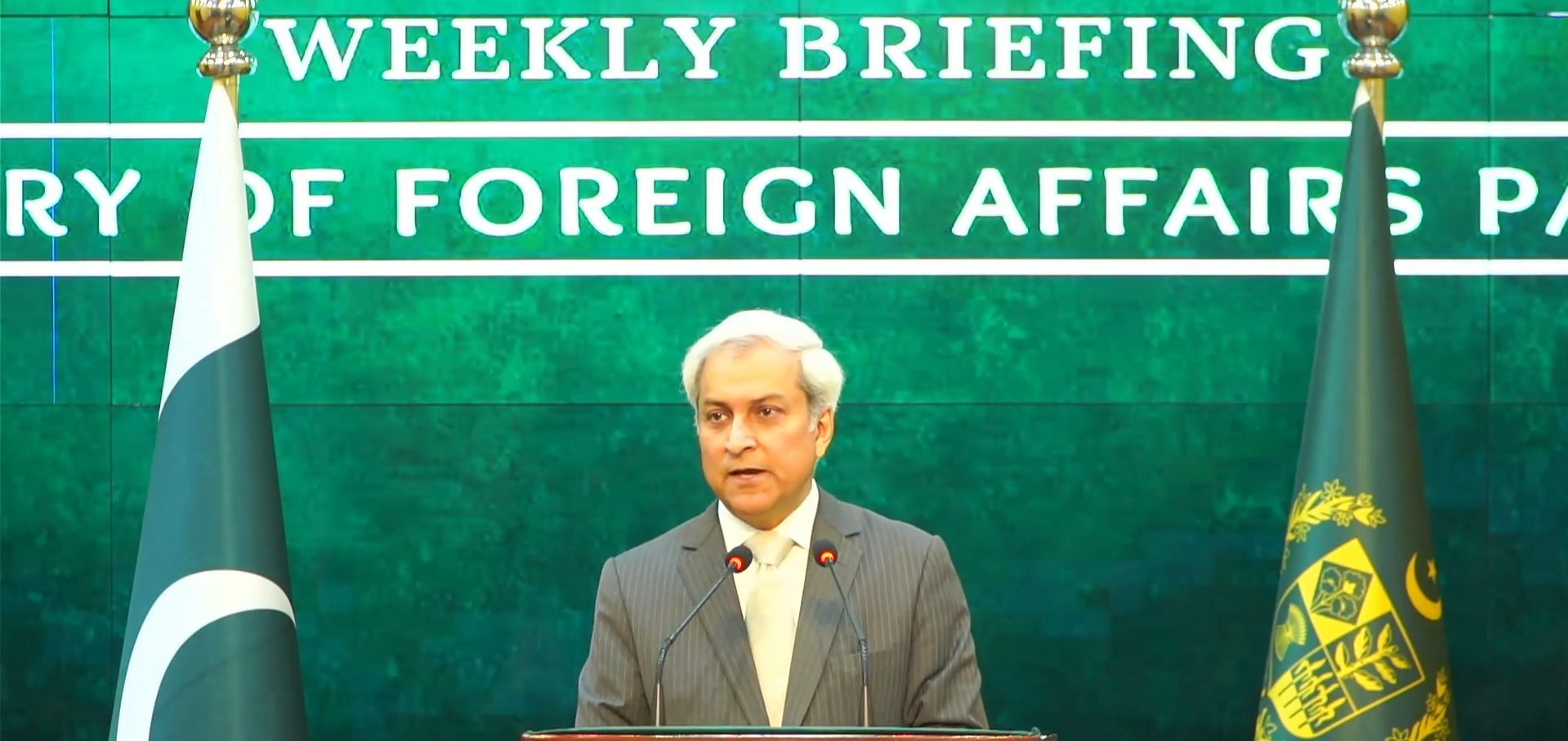
.jpg)
.jpg)
